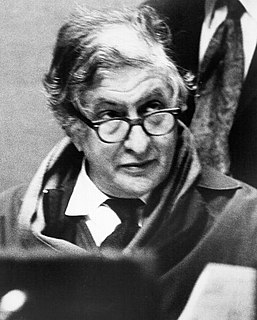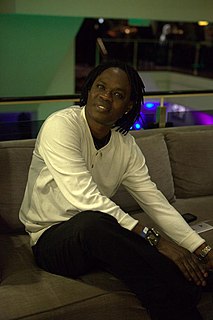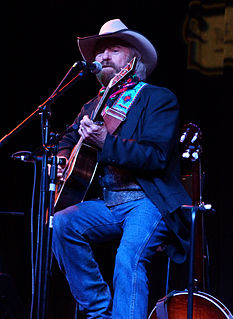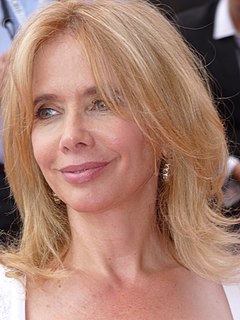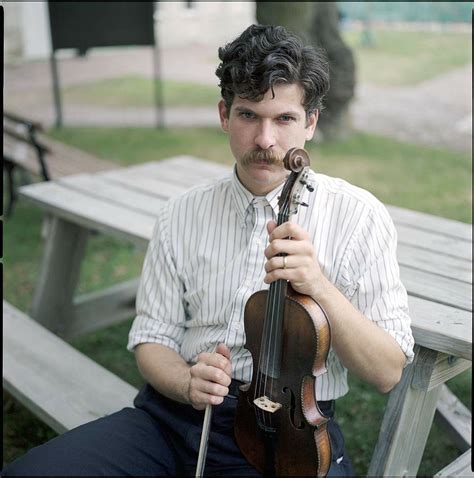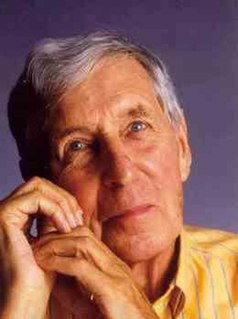A Quote by Bernard Herrmann
As a composer I might class myself as a Neo-Romantic, inasmuch as I have always regarded music as a highly personal and emotional form of expression. I like to write music which takes its inspiration from poetry, art and nature. I do not care for purely decorative music. Although I am in sympathy with modern idioms, I abhor music which attempts nothing more than the illustration of a stylistic fad. And in using modern techniques, I have tried at all times to subjugate them to a larger idea or a grander human feeling.
Quote Topics
Abhor
Although
Always
Am
Art
Attempts
Care
Class
Composer
Decorative
Emotional
Expression
Fad
Feeling
Form
Highly
Human
Idea
Idioms
Illustration
Inspiration
Larger
Like
Might
Modern
More
Music
Myself
Nature
Nothing
Personal
Poetry
Purely
Regarded
Romantic
Stylistic
Sympathy
Takes
Techniques
Than
Them
Times
Tried
Using
Which
Write
Related Quotes
Music is neither old nor modern: it is either good or bad music, and the date at which it was written has no significance whatever. Dates and periods are of interest only to the student of musical history. . . . All old music was modern once, and much more of the music of yesterday already sounds more old-fashioned than works which were written three centuries ago. All good music, whatever its date, is ageless - as alive and significant today as it was when it was written
Music expresses feeling, that is to say, gives shape and habitation to feeling, not in space but in time. To the extent that music has a history that is more than a history of its formal evolution, our feelings must have a history too. Perhaps certain qualities of feeling that found expression in music can be recorded by being notated on paper, have become so remote that we can no longer inhabit them as feelings, can get a grasp of them only after long training in the history and philosophy of music, the philosophical history of music, the history of music as a history of the feeling soul.
I did not like that name "world music" in the beginning. I think that African music must get more respect than to be put in a ghetto like that. We have something to give to others. When you look to how African music is built, when you understand this kind of music, you can understand that a lot of all this modern music that you are hearing in the world has similarities to African music. It's like the origin of a lot of kinds of music.
Most conservatives know better than to promote the state funding of art. The result of such funding is the mess that modern art has become. Atonal music is to music what subsidized art is to art. ...The fact that cacophony has reigned almost supreme since 1900 is a testimony to Mises' original observation. Atonal music is to music what socialism is to economics: planned chaos.
Pop music, which I deeply admire and wish I could play better than I can, is based on expressing one mood, one feeling at a time. Classical music is by its very nature involved with different kinds of music, constantly transforming one another, which is more akin to the way our experience of life really is.
There are tons of people in the West who love fiddles, banjos and mandolins. If you got to any cowboy poetry and music gathering those are the instruments they use. It's acoustic music. We don't do that much modern country that has electric guitars and a lot of volume. It's a gentler form of music. It's from the land and comes from the ranchers and farmers.
You can learn to write. But what you write is something that depends on your taste and on your vision or whatever. Also, of course, the music I listened to inspired my idea of music. When people ask me "Where's your inspiration? Where does it come from?" I have no idea. Music is about music. Not about life and love.
What we call music in our everyday language is only a miniature, which our intelligence has grasped from that music or harmony of the whole universe which is working behind everything, and which is the source and origin of nature. It is because of this that the wise of all ages have considered music to be a sacred art. For in music the seer can see the picture of the whole universe; and the wise can interpret the secret and nature of the working of the whole universe in the realm of music.
I write my music with the idea that it will appeal to all of those people, and I want them to go in with all the history that's within all of us - all the things that they've listened to in the backs of their minds, whether it's country music or minimal techno, or classical music or whatever. I want them to bring that excitement, that love, or that hate, or whatever it might be, to my music. I feel that my music draws on so many different things.
